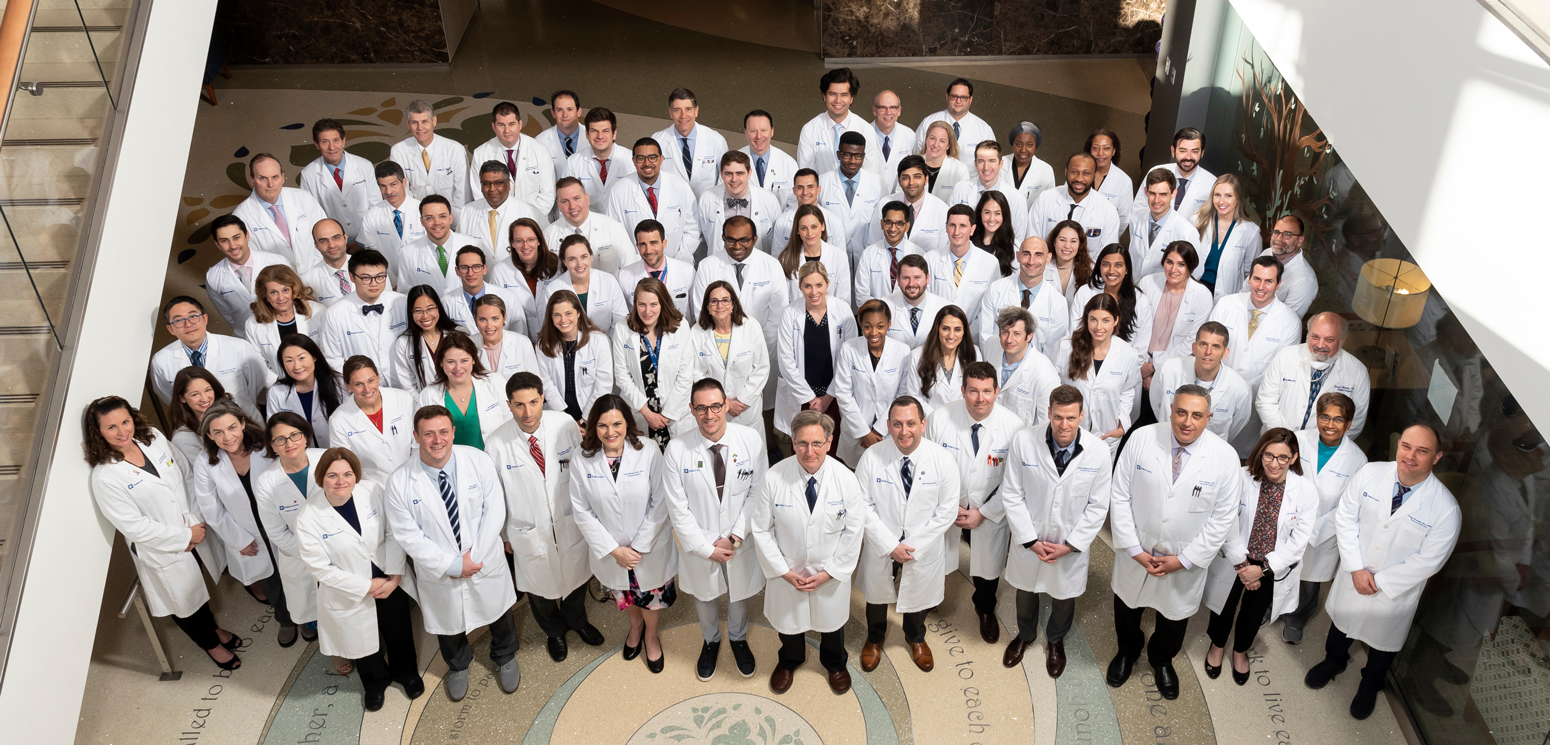
The General Surgery Residency Training Program at Duke focuses on both clinical and research education, producing competitive graduates who are prepared for careers in academic surgery.
Residents gain broad experience in operative surgery as they learn to evaluate and manage a high number of patients requiring all types of procedures, from vascular to hepato-pancreatic biliary surgery.
Rotations in both community and VA medical centers mean that residents get valuable, unique, and comprehensive training for a career in academic surgery.
The program is broad, but trainees have the opportunity to focus on one or more specialties, such as endocrine surgery or transplantation.
General surgery residents are expected to complete at least two years of focused research, and opportunities for laboratory or other discovery experiences are available within and outside of the department.
Most trainees choose specialization and seek fellowship training upon completion of the residency program, and the research experience is universally cited as a major reason that Duke residents are highly competitive for academic fellowships and faculty positions.